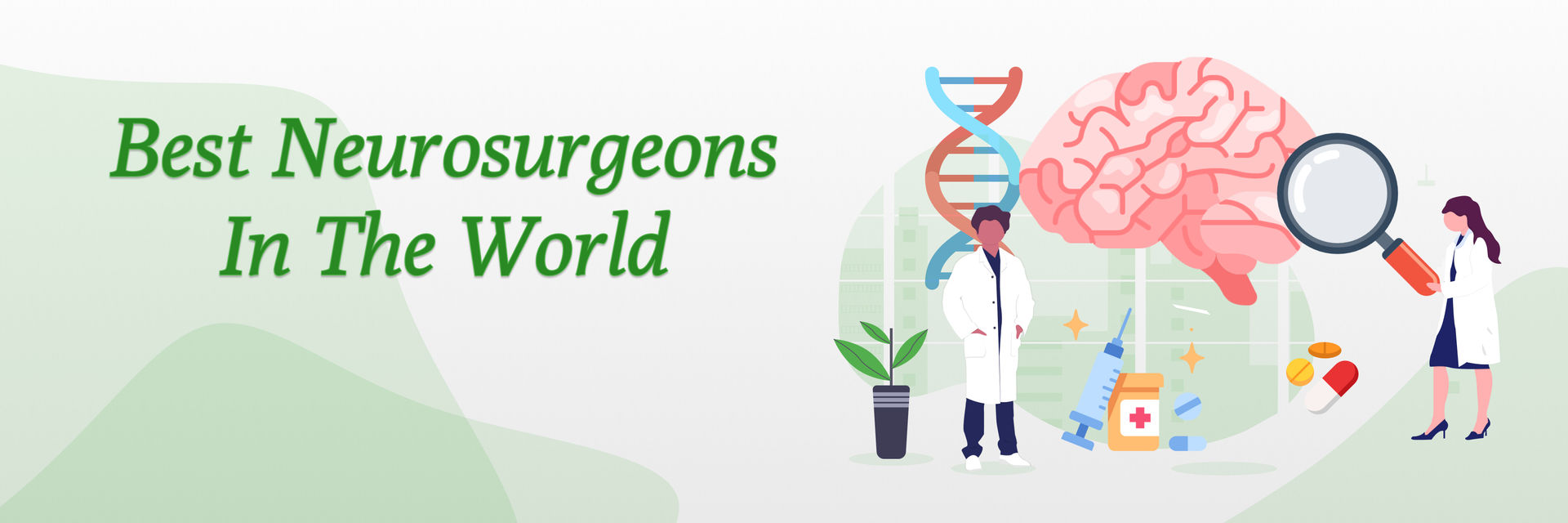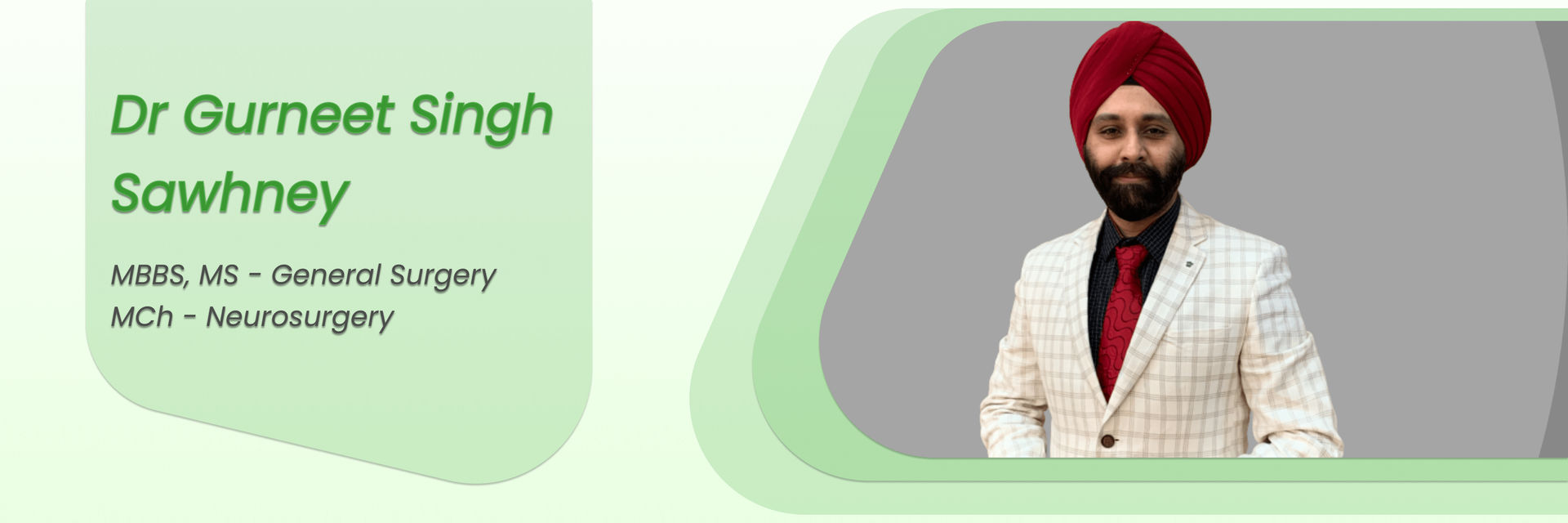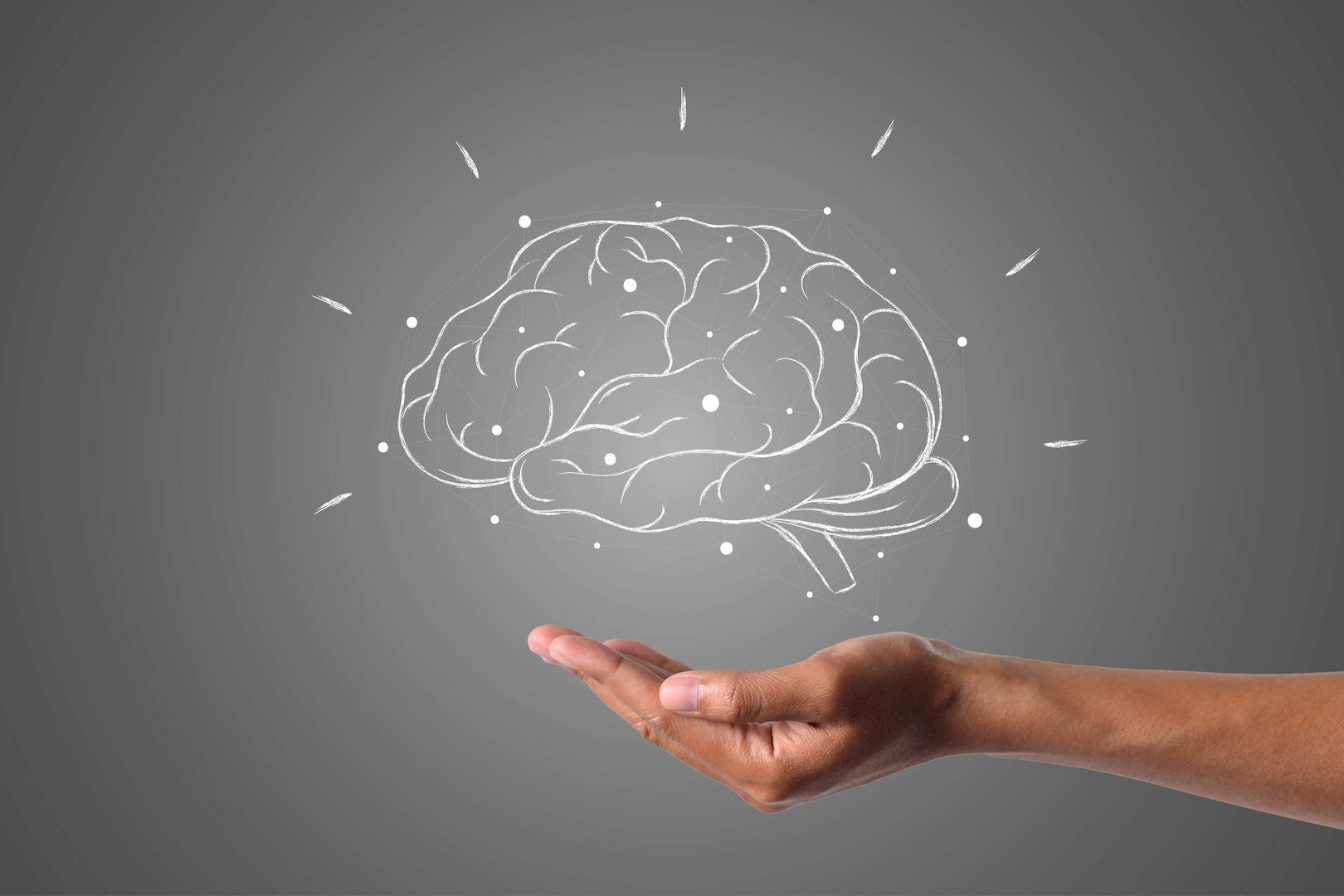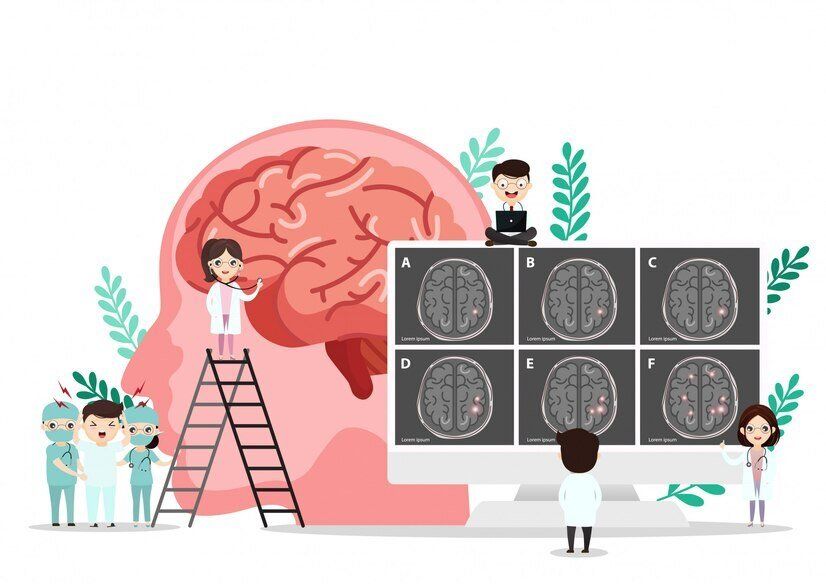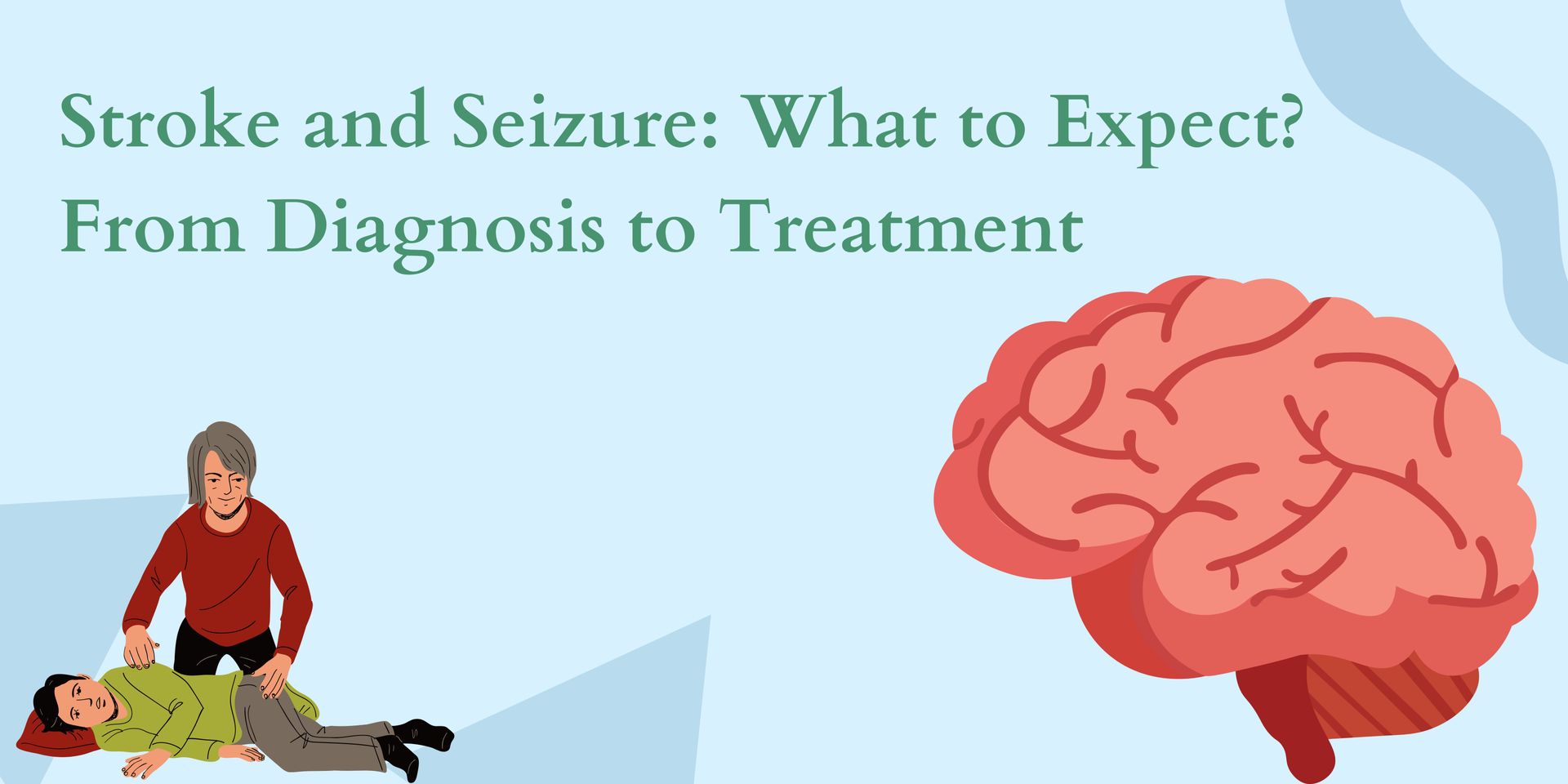Multiple sclerosis is a chronic autoimmune disease that affects the central nervous system, leading to a wide range of neurological symptoms. MS can result in nerve damage that disrupts communication between the brain and the rest of the body. In this blog, we will discuss the treatment options available, hospitals and specialists that make India the best place for multiple sclerosis treatment in India.
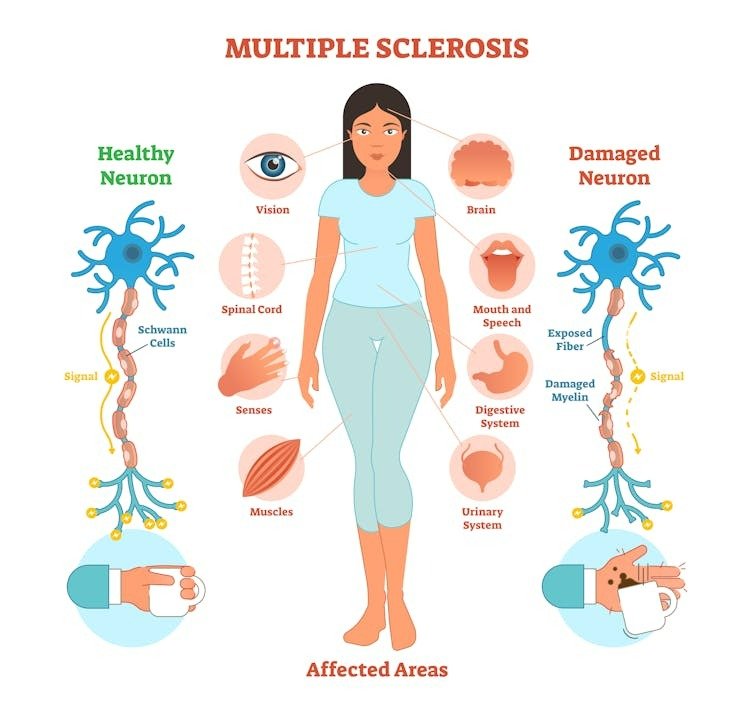
Causes and Symptoms of Multiple Sclerosis
Causes
The exact cause of MS remains unknown, but its impact is profound, often leading to physical, cognitive, and emotional challenges. However, it can be a combination of genetic, environmental, and immunological factors. Some of the key factors include:
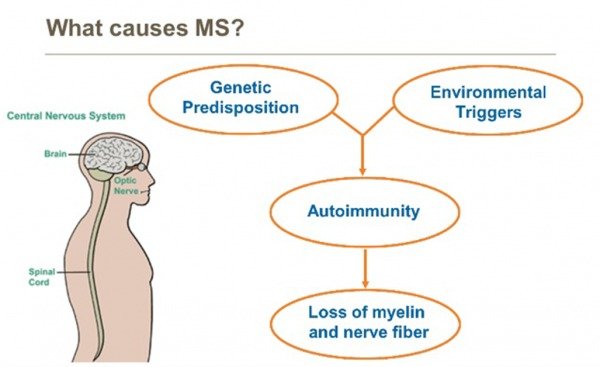
Symptoms
The symptoms of multiple sclerosis vary widely depending on the severity of the disease and the areas of the central nervous system affected. Common symptoms include:
- Fatigue
- Numbness or tingling in the limbs
- Muscle weakness and spasms
- Difficulty walking or maintaining balance
- Vision problems, including blurred or double vision
- Cognitive impairment, such as memory loss or difficulty concentrating
- Bladder and bowel dysfunction
- Pain and depression
What Are the Treatment Options Available for MS in India?
India offers a wide range of treatment options for multiple sclerosis, catering to different stages of the disease and individual patient needs. Here is a detailed overview of the available treatment options:
1. Disease-Modifying Therapies (DMTs)
DMTs are the cornerstone of multiple sclerosis treatment, aimed at reducing the frequency and severity of relapses and slowing disease progression. Some commonly used DMTs in India include:
- Interferon Beta: This injectable therapy helps reduce inflammation and is often used in relapsing-remitting MS (RRMS).
- Glatiramer Acetate is another injectable treatment that modulates the immune response to reduce relapses.
- Oral Medications offer an alternative to injectable therapies.
- Monoclonal Antibodies: Medications like natalizumab and ocrelizumab are used in more aggressive forms of MS. They target specific immune cells to prevent relapses.
2. Symptomatic Treatments
Managing the symptoms of MS is a critical aspect of treatment, as it directly impacts the patient's quality of life. Symptomatic treatments in India may include:
- Medications for Muscle Spasms and Stiffness: Drugs like baclofen and tizanidine help manage spasticity.
- Fatigue Management: Medications like amantadine or modafinil and lifestyle modifications can help combat fatigue.
- Pain Management: Neuropathic pain, common in MS, can be managed with medications such as gabapentin or pregabalin.
- Bladder and Bowel Management: Medications and behavioral therapies address bladder and bowel dysfunction.
3. Physiotherapy and Rehabilitation
Physiotherapy plays a crucial role in maintaining mobility and function in MS patients. Rehabilitation programs in India often include:
- Physical therapy is focused on improving strength, balance, and coordination.
- Occupational Therapy: Helps patients adapt to daily activities and maintain independence.
- Speech and Swallowing Therapy: For patients experiencing speech or swallowing difficulties.
4. Plasma Exchange (Plasmapheresis)
Plasmapheresis is used in severe cases of MS where other treatments have not been effective. It involves removing and replacing the plasma in the blood to eliminate harmful antibodies attacking the nervous system.
What is the New Treatment for MS in 2024?
In India, the prevalence of multiple sclerosis is on the rise, with an estimated 85,000 to 100,000 people currently living with the disease. The increasing awareness and advancements in medical technology have led to a growing interest in innovative treatment options, including stem cell therapy.
Stem cell therapy is one of the most promising new treatments for multiple sclerosis in 2024. Stem cell treatment for multiple sclerosis is gaining attention as a potential approach to managing this complex condition, offering hope to many patients. This innovative approach involves using stem cells to repair damaged tissues and potentially halt the progression of the disease. Several types of stem cells have been explored for MS treatment, including:
- Hematopoietic Stem Cells (HSCs): Derived from bone marrow or blood, HSCs are used in a procedure known as autologous hematopoietic stem cell transplantation (AHSCT). This process aims to "reset" the immune system by destroying the existing immune cells and replacing them with new ones derived from the patient's stem cells.
- Mesenchymal Stem Cells (MSCs): These cells, found in bone marrow, fat tissue, and umbilical cord tissue, have anti-inflammatory properties and can promote tissue repair. They are administered intravenously or through lumbar puncture to target inflammation and repair damaged nerve tissue.
- Neural Stem Cells (NSCs): These cells are being studied for their potential to regenerate damaged nerve tissues directly, offering a more targeted approach to repairing the central nervous system.
In India, several hospitals and research institutions actively participate in clinical trials and provide stem cell therapy for MS treatment. While the treatment is not yet FDA-approved, it is available under experimental protocols and compassionate use programs.
How Much Does It Cost to Treat Multiple Sclerosis in India?
The cost of treating multiple sclerosis in India varies depending on the type of treatment, the hospital or clinic, and the location. Below is a table summarizing the average costs for different MS treatment options in India.
| Treatment | OptionAverage Cost (USD) |
| Disease-Modifying Therapies (DMTs) | 1300 - 18000/year |
| Symptomatic Treatments | 700 - 3,600/year |
| Physiotherapy and Rehabilitation | 15- 30/session |
| Plasma Exchange (Plasmapheresis) | 1,900 - 3,000/session |
| Stem Cell Therapy | 8000-12000 (one-time) |
Which is the best hospital for multiple sclerosis in India?
Here is a list of leading hospitals in India specializing in the treatment of Multiple Sclerosis:
1. All India Institute of Medical Sciences (AIIMS), New Delhi
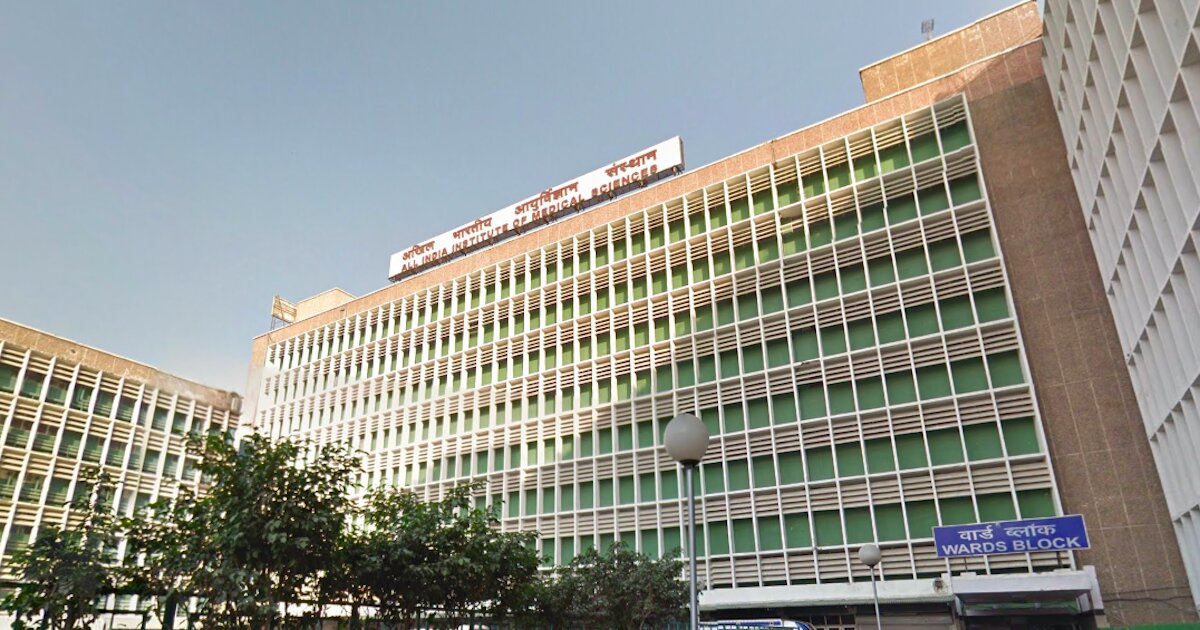
- Location: New Delhi
- Established: 1956
- Latest Technologies Used: MRI Scanning, Neuroimmunology Lab
- Recent Treatment Breakthroughs: Development of new immunotherapies
- Specialized Treatment Services: Comprehensive MS care, rehabilitation services
- Major Treatment Achievements: Pioneer in MS research in India
- Specialization Focus: Neurology
- Accreditation Details: JCI accredited
- Facilities Available: Full-service hospital with advanced diagnostic tools
- International Patient Services: Yes
- Insurance Options: Accepts major insurance providers
2. Kokilaben Dhirubhai Ambani Hospital, Mumbai

- Location: Mumbai
- Established: 2009
- Latest Technologies Used: Advanced Neurological Imaging
- Recent Treatment Breakthroughs: Use of monoclonal antibodies for MS treatment
- Specialized Treatment Services: Neurorehabilitation, specialized MS clinics
- Major Treatment Achievements: Leading in patient care and clinical trials
- Specialization Focus: Neurosciences
- Accreditation Details: NABH
- Facilities Available: Integrated care facilities
- International Patient Services: Comprehensive assistance
- Insurance Options: Wide range of options
3. Apollo Hospitals, Chennai

- Location: Chennai
- Established: 1983
- Latest Technologies Used: High-resolution PET scans, 3T MRI
- Recent Treatment Breakthroughs: Stem cell research for progressive MS
- Specialized Treatment Services: MS management programs
- Major Treatment Achievements: High rate of treatment success
- Specialization Focus: Multiple Sclerosis and other autoimmune diseases
- Accreditation Details: JCI, NABH
- Facilities Available: State-of-the-art medical facilities
- International Patient Services: Yes
- Insurance Options: Extensive
4. NIMHANS, Bangalore
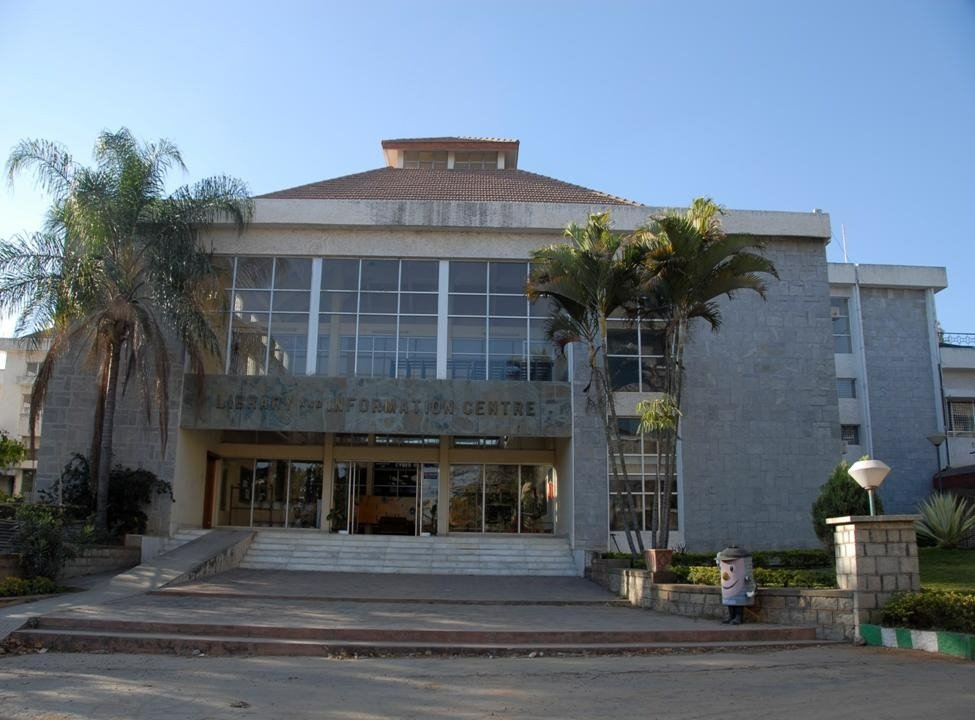
- Location: Bangalore
- Established: 1974
- Latest Technologies Used: Neuroimaging, genetic testing
- Recent Treatment Breakthroughs: New drug development trials
- Specialized Treatment Services: Tailored therapeutic strategies
- Major Treatment Achievements: Renowned research institution
- Specialization Focus: Neurological Sciences
- Accreditation Details: Government of India
- Facilities Available: Dedicated neurological research center
- International Patient Services: Available
- Insurance Options: Comprehensive
5. Max Super Speciality Hospital, Delhi
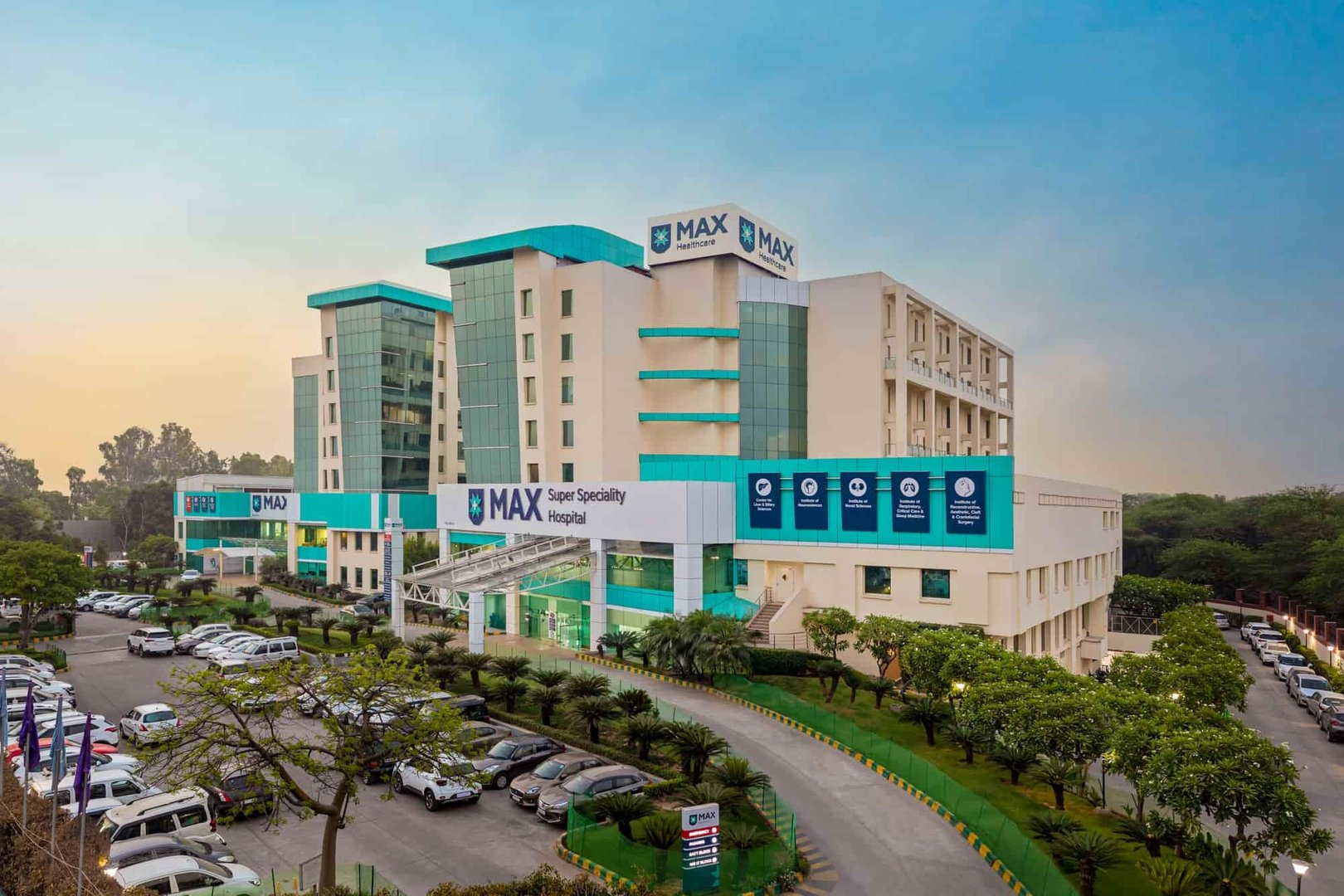
- Location: Delhi
- Established: 2006
- Latest Technologies Used: Digital Subtraction Angiography, Minimally Invasive Surgery
- Recent Treatment Breakthroughs: Immunomodulatory therapies
- Specialized Treatment Services: Dedicated MS treatment units
- Major Treatment Achievements: Excellence in clinical care
- Specialization Focus: Neurology and Neurosurgery
- Accreditation Details: NABH
- Facilities Available: Advanced neurology department
- International Patient Services: Yes
- Insurance Options: Multiple options
6. Fortis Hospital, Bangalore
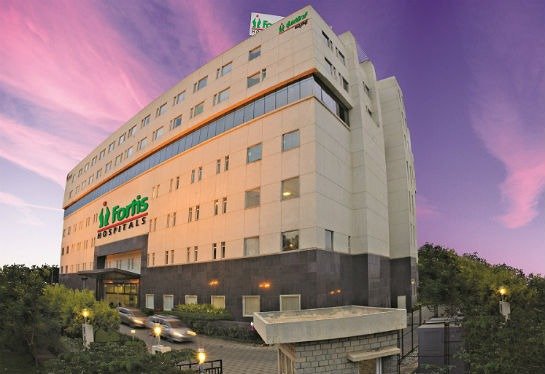
- Location: Bangalore
- Established: 1999
- Latest Technologies Used: Neuroelectrophysiology, Advanced MRI
- Recent Treatment Breakthroughs: Breakthroughs in MS drug therapy
- Specialized Treatment Services: Customized treatment plans, MS rehabilitation programs
- Major Treatment Achievements: Pioneering neurorehabilitation techniques
- Specialization Focus: Neurology and MS
- Accreditation Details: NABH, JCI
- Facilities Available: Comprehensive neurological department
- International Patient Services: Full spectrum of services
- Insurance Options: Extensive insurance tie-ups
7. Global Hospitals, Hyderabad
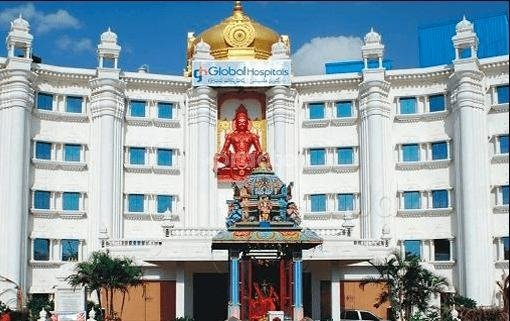
- Location: Hyderabad
- Established: 1998
- Latest Technologies Used: Biologic therapy, Latest MS medication protocols
- Recent Treatment Breakthroughs: New approaches in immune system modulation
- Specialized Treatment Services: Disease management programs, Patient support groups
- Major Treatment Achievements: High success rates in slowing disease progression
- Specialization Focus: Neurology, specifically MS
- Accreditation Details: NABH
- Facilities Available: Modern medical equipment, Patient education programs
- International Patient Services: Yes
- Insurance Options: Comprehensive coverage options
8. Manipal Hospital, Bangalore
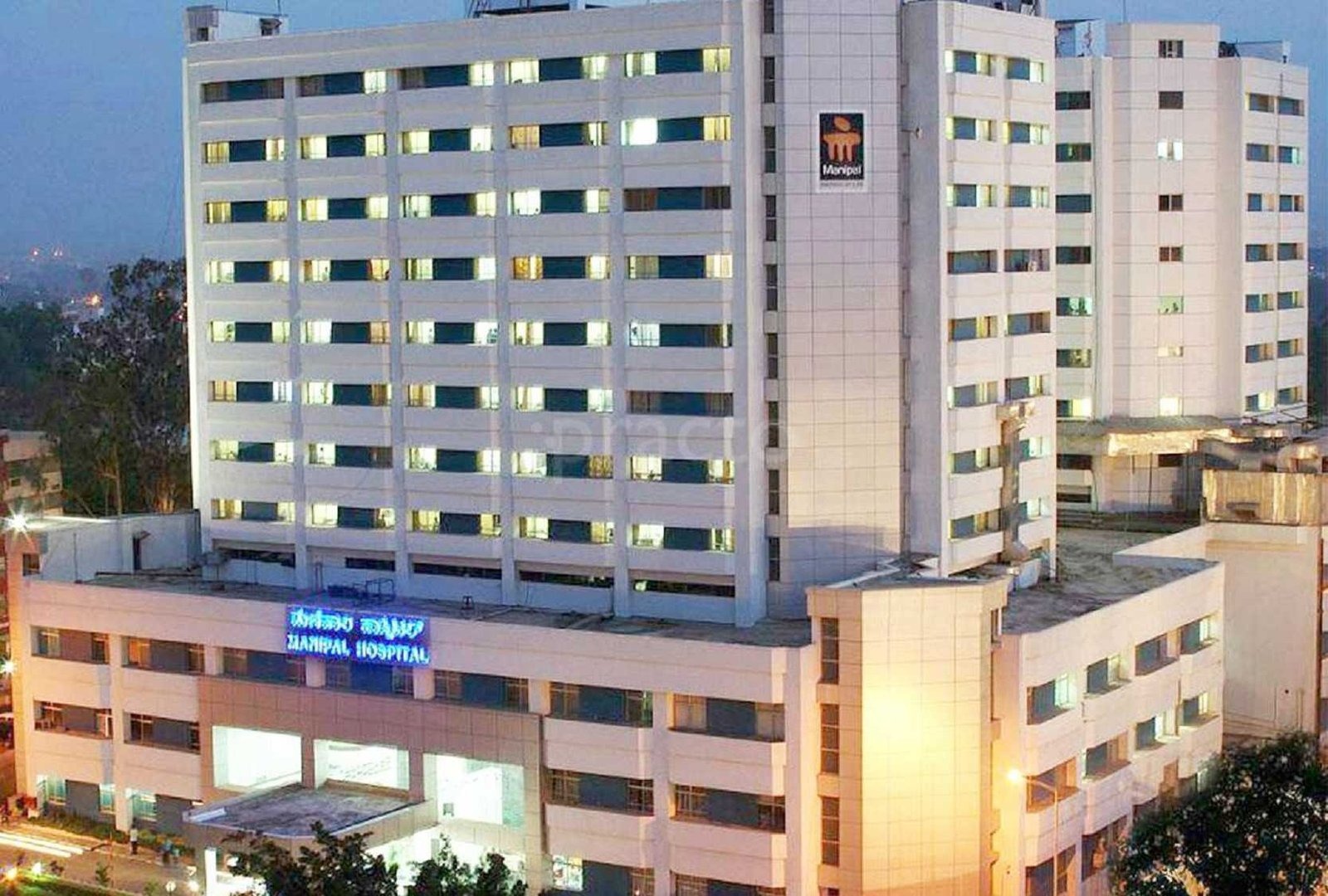
- Location: Bangalore
- Established: 1991
- Latest Technologies Used: Digital MRI technology, Autoimmune disorder specialization
- Recent Treatment Breakthroughs: Clinical trials for new MS medications
- Specialized Treatment Services: Tailored immunotherapy, MS outpatient services
- Major Treatment Achievements: Recognized for innovative treatment approaches
- Specialization Focus: Autoimmune diseases
- Accreditation Details: NABH
- Facilities Available: Specialized MS care units
- International Patient Services: Multilingual support
- Insurance Options: Broad network support
9. Medanta - The Medicity, Gurgaon
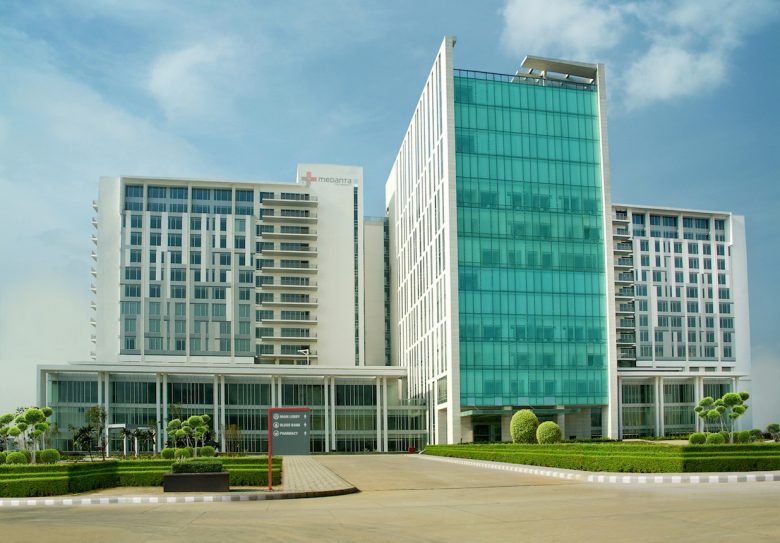
- Location: Gurgaon
- Established: 2009
- Latest Technologies Used: Genetic testing, Advanced neuroimaging
- Recent Treatment Breakthroughs: Pioneering genetic research in MS
- Specialized Treatment Services: Genetic counseling, Neurological care
- Major Treatment Achievements: Leading in genetic studies for MS
- Specialization Focus: Neurogenetics
- Accreditation Details: NABH, JCI
- Facilities Available: Advanced research facilities
- International Patient Services: Tailored to patient needs
- Insurance Options: Extensive options available
10. Sahyadri Hospitals, Pune
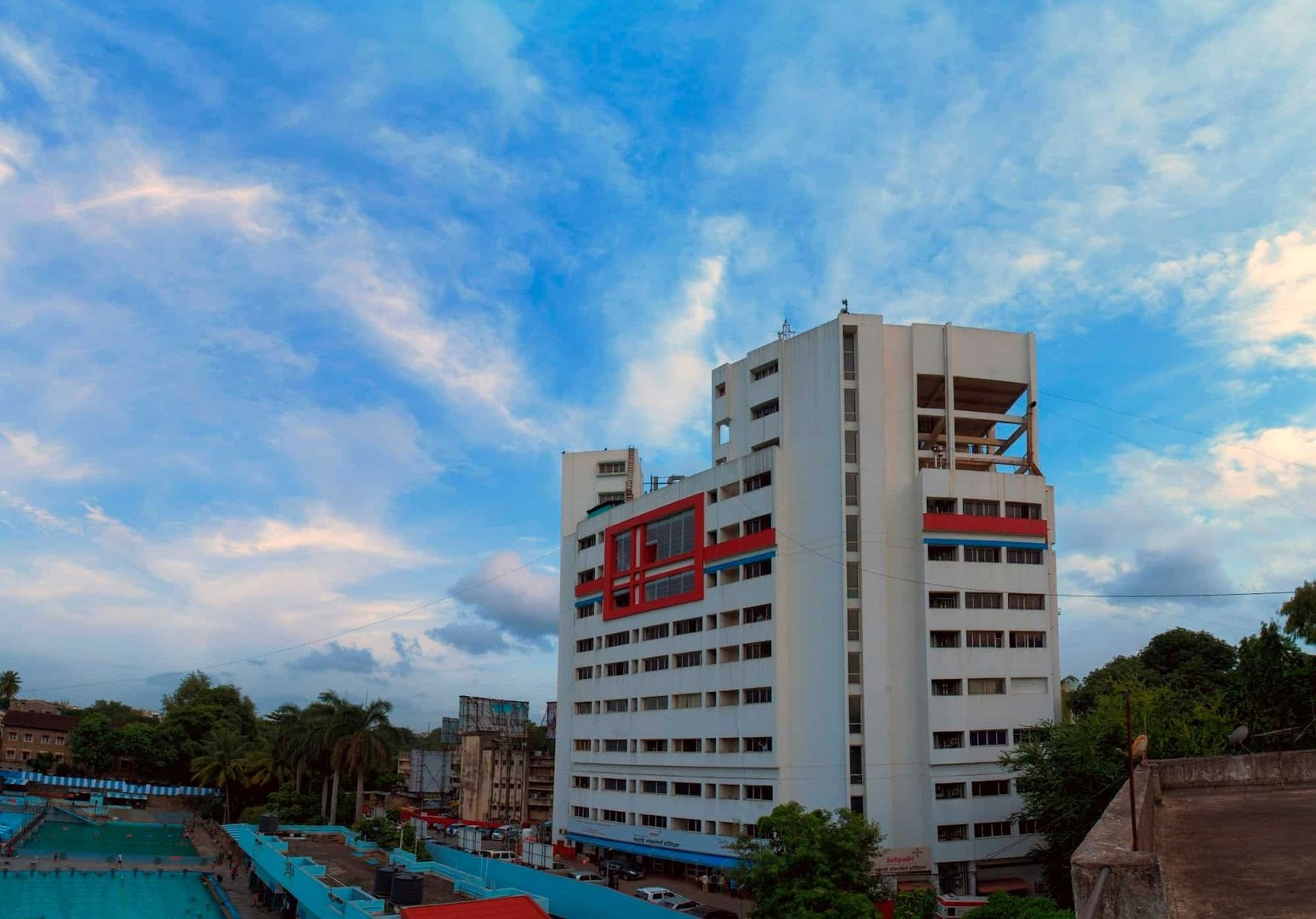
- Location: Pune
- Established: 1994
- Latest Technologies Used: Immunomodulators, Infusion therapy
- Recent Treatment Breakthroughs: Development of personalized MS therapies
- Specialized Treatment Services: Customized therapeutic options, MS monitoring clinics
- Major Treatment Achievements: Excellence in patient outcomes
- Specialization Focus: Neurology and MS treatment
- Accreditation Details: NABH
- Facilities Available: Dedicated MS treatment and research wing
- International Patient Services: Extensive
- Insurance Options: Multiple provider options
Top Doctors for Multiple Sclerosis Treatment in India
- Dr. Alok Gupta
- Qualification: MBBS, MD (Neurology)
- Years of Experience: 20
- Special Skills: Neuroimmunology, MS treatment protocols
- Special Technology Used: Deep Brain Stimulation
- Practices in: AIIMS, New Delhi
- Dr. Neha Shah
- Qualification: MBBS, DM (Neurology)
- Years of Experience: 15
- Special Skills: Pediatric MS, neurorehabilitation
- Special Technology Used: Immunotherapy
- Practices in: Kokilaben Hospital, Mumbai
- Dr. Rakesh Jain
- Qualification: MBBS, Ph.D. (Neuroscience)
- Years of Experience: 25
- Skills: Advanced MS management, clinical trials
- Special Technology Used: MRI 3T
- Practices in: Apollo Hospitals, Chennai
4. Dr. Sanjay Khanna
- Qualification: MBBS, MD (Neurology)
- Years of Experience: 18
- Skills: Immunotherapy, Neurorehabilitation
- Special Technology Used: Infusion therapies
- Practices in: Fortis Hospital, Bangalore
5. Dr. Lata Menon
- Qualification: MBBS, DM (Neurology)
- Years of Experience: 22
- Skills: Clinical trials, MS drug development
- Special Technology Used: Neuroimmunology
- Practices in: Global Hospitals, Hyderabad
6. Dr. Vikram Patel
- Qualification: MBBS, Ph.D. in Neuroscience
- Years of Experience: 20
- Skills: Neurophysiology, MS therapy
- Special Technology Used: Latest neuroimaging techniques
- Practices in: Manipal Hospital, Bangalore
7. Dr. Anita Sharma
- Qualification: MBBS, MD (Neurology)
- Years of Experience: 25
- Skills: Genetic counseling, Advanced MS management
- Special Technology Used: Genetic profiling
- Practices in: Medanta - The Medicity, Gurgaon
8. Dr. Rajiv Desai
- Qualification: MBBS, MD (Neurology)
- Years of Experience: 19
- Skills: MS patient advocacy, Clinical research
- Special Technology Used: Clinical trial methodologies
- Practices in: Sahyadri Hospitals, Pune
What is the success rate of MS treatment in India?
The success rate of multiple sclerosis treatment in India depends on various factors, including the type of treatment, the stage of the disease, and the individual patient's response to therapy. Here's an overview of the success rates for different treatment options:
- Disease-Modifying Therapies (DMTs): DMTs can reduce the frequency of relapses and slow disease progression in many patients. The success rate varies, with some patients experiencing a 30-70% reduction in relapse rates.
- Symptomatic Treatments: These treatments focus on managing specific symptoms, such as muscle spasticity, fatigue, and pain. While they do not alter the course of the disease, they can significantly improve the quality of life for patients.
- Stem Cell Therapy: The success rate of stem cell therapy for MS is still being studied. Some trials report improved disability scores, reduced relapse rates, and enhanced quality of life. However, the results are not consistent across all patients, and further research is needed to establish definitive success rates.
- Physiotherapy and Rehabilitation: These interventions are crucial for maintaining mobility and function in MS patients. Improvements in strength, balance, and overall physical functioning often measure success.
- Plasma Exchange (Plasmapheresis): This treatment is typically used for severe relapses that do not respond to standard therapies. It can effectively reduce symptoms, but it is not a long-term solution.
Overall, MS treatment in India has seen advancements in recent years. The focus is on providing comprehensive care that includes medical, rehabilitative, and psychological support. Patients are encouraged to work closely with their healthcare team to develop a personalized treatment plan that best meets their needs.
Why Choose India for Multiple Sclerosis Treatment?
- Cost-Effective: Treatment costs in India are significantly lower than in Western countries without compromising quality.
- Advanced Healthcare Infrastructure: India boasts state-of-the-art medical facilities and uses cutting-edge technology for diagnosis and treatment.
- Expert Medical Professionals: Indian doctors are globally recognized for their expertise, many having trained internationally.
- Holistic Care: Emphasis on comprehensive care, including post-treatment rehabilitation and support systems.
- English Proficiency: Widespread use of English eases communication for international patients.
- Cultural Sensitivity: A culturally diverse nation, India offers a comfortable environment for patients from various backgrounds.
- Availability of Treatments: The latest treatments and clinical trials have yet to be widely available elsewhere.
Choosing India for multiple sclerosis treatment combines expert care, advanced technology, and cost-efficiency, making it a preferred destination for patients globally.

